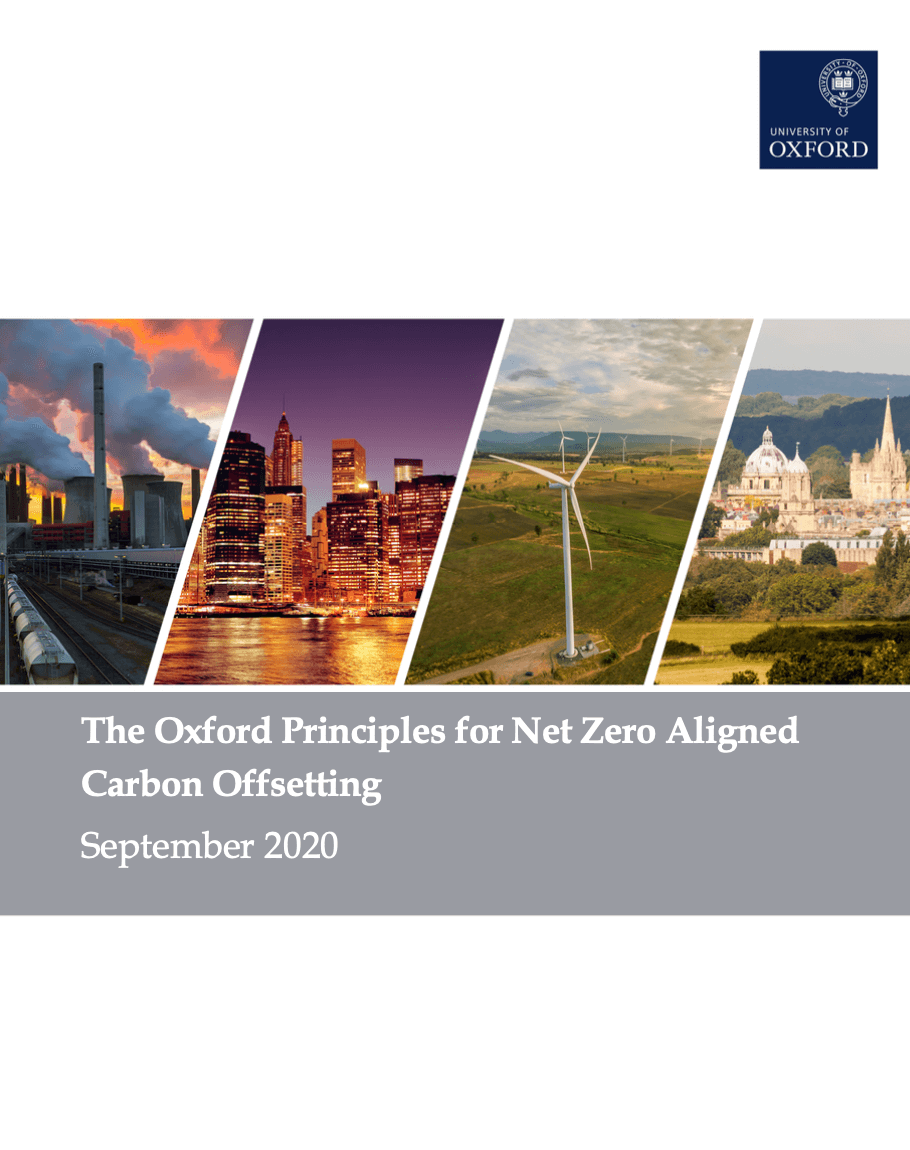
USDN Carbon Drawdown Working Group
Welcome!
The materials gathered on this page are for use in USDN’s 2021 carbon management training sequence.
Below are a number of documents that provide useful background in concepts, terminology, planning systems, and digital tools that are useful in developing and implementing a carbon drawdown and management strategy. They are being used in support of cohorts of cities, counties, other local jurisdictions, as well as non-governmental and research organizations.
For those just beginning this journey, we suggest starting with Introduction to Ecosystem-based Carbon Management Opportunities in Urban Landscapes. This approximately 15-minute read provides a comprehensive introduction to the concepts and key terminology in natural systems-based carbon drawdown and management. If you have less time, please consider reading pages 1 through 6, and page 10. This will provide participants in the first stage of systems training with key concepts that will be useful in our early sessions.
The other resources on this page describe recently developed documents pertaining to a number of immediate carbon drawdown opportunities. For those wanting more resources across a range of related carbon drawdown topics, please explore the Carbon Drawdown Syllabus; it provides links to a host of useful resources, particularly overviews of the actual actions being taken in early leading efforts around the world.
John Liu planted a seed that blossomed into a movement. The documentary filmmaker, environmental educator and father of the Ecosystems Restoration Camps movement joined us for the fourth Boulder Forum on Economy, Climate and Community panel.
UDI Director Brett KenCairn provides a briefing on the emerging recognition of the critical role urban forestry will play in addressing climate change and an update on local, regional and national initiatives to significantly expand funding and action in urban forestry. He also provides a brief overview of the recently released “Front Range Urban Forestry Expansion Strategy” calling for a three-year, $100M investment in urban forestry across the Front Range.
UDI, the Trust for Public Land, and other partners have built a new urban lands carbon management analysis and decision support tool that can analyze data to project where and how much carbon we can capture and what critical life support services—reducing extreme heat, absorbing stormwater, reducing air pollution—this carbon drawdown can achieve.
As part of their climate strategies, many companies, organisations, cities, regions, and financial institutions are relying on voluntary carbon offsetting—payment to receive credit for a certified unit of emission reduction or removal carried out by another actor. Current best practice helps to reduce some of the well-known risks associated with existing offsets (e.g. improper carbon accounting, re-release of stored carbon, negative unintended impacts on humans or ecosystems, etc.), but is unlikely to deliver the types of offsetting needed to ultimately reach net zero emissions.
UDI has compiled an extensive bibliography of close to 50 citations of both research and media coverage of urban forestry-related topics. This document includes links to the sources for each citation.
With support from the J.M. Kaplan Fund, UDI spent six months working with close to 40 local organizations and jurisdictions in the Colorado Front Range/Denver-Metro area to formulate a detailed, equity-centered urban forestry scale-up strategy. This report provides extensive details on the strategies developed through this broad coalition including equity-based workforce development, community-centered engagement strategies, forestry project scoping and scaling, and an applied urban forestry research approach. This document is meant to be a resource and reference to other metro areas and regions around the country and an indication of the scale of funding and resources needed to achieve transformative urban forestry actions.
UDI worked with six cities with leading urban forestry programs—Pittsburgh, Cleveland, Minneapolis, Chicago, Denver-Metro and San Francisco—to formulate “shovel ready” rapid urban forestry scale-up strategies designed to support equity-based community recovery and accelerate protection and enhancement of critical “green infrastructure” essential to managing urban heat extremes and other impacts of extreme weather associated with a changing climate. The portfolio provides a framework for other cities to explore similar scale-up strategies.
With support from the J.M. Kaplan Fund, UDI spent six months working with close to 40 local organizations and jurisdictions in the Colorado Front Range/Denver-Metro area to formulate a detailed, equity-centered urban forestry scale-up strategy. This report provides extensive details on the strategies developed through this broad coalition including equity-based workforce development, community-centered engagement strategies, forestry project scoping and scaling, and an applied urban forestry research approach. This document is meant to be a resource and reference to other metro areas and regions around the country and an indication of the scale of funding and resources needed to achieve transformative urban forestry actions.
In collaboration with Stockholm, Helsinki, and Minneapolis, we have completed the management of a six-month urban bioenergy-biochar opportunity assessment. This document includes analysis and resources to enable local jurisdictions to assess the potential for developing bioenergy-biochar projects as part of their climate action strategies.
This guide provides an initial introduction to the core concepts with which a natural systems-based carbon management and ecosystem services strategy can be developed. More detailed process guides are being developed to support carbon management opportunity assessment and strategy development. These process guides will be available at the Urban Drawdown Initiatives website under the “Resources” page.










